Responsible Nonprofit AI Integration amplifies impact
Build a more sustainable organization
Responsible AI Integration Services
For generative AI to succeed, organizations need to change how they work at every level, rather than treating it as just another technology purchase.
Our AI integration consulting services help nonprofits responsibly adopt artificial intelligence while preserving their mission and values. We partner with you to navigate the complex landscape of AI implementation, from policy development and governance frameworks to change management and staff training. Each engagement is designed to ensure your organization harnesses AI's transformative potential while maintaining stakeholder trust, operational integrity, and commitment to your communities. Through strategic planning, ethical implementation, and comprehensive capacity building, we guide nonprofits toward AI adoption that amplifies impact and strengthens organizational effectiveness.
Review the drop down menu below (as AI evolves so will our menu)
View our KDP AI Integration Services video. We provide an overview of our approach to integrate AI responsibly into your organization enabling you to lead with greater intent and purpose.
-
Comprehensive organizational assessment services to evaluate current capabilities, identify AI opportunities, and develop strategic roadmaps for phased AI implementation aligned with organizational capacity and mission priorities.
Key Components:
Current state technology and capability assessment
AI opportunity identification and prioritization
Resource requirement analysis
Implementation timeline and milestone planning
ROI projections and success metrics definition
-
Formation of AI governance structures, committee frameworks, and board-level engagement strategies to ensure proper oversight, strategic alignment, and accountability for AI initiatives across the organization.
Key Components:
AI governance committee structure and ToR
Board education and engagement strategies
Executive leadership AI literacy development
Strategic oversight and decision-making frameworks
Stakeholder communication and transparency protocols
-
Strategic change management services to help nonprofits navigate the cultural, operational, and workforce transitions required for successful AI integration while maintaining mission focus and staff engagement.
Key Components:
Change readiness assessment and planning
Cultural transformation strategy development
Creating a Red-Team, staff engagement and communication planning
Resistance management and stakeholder buy-in
Mission alignment and value preservation
-
Comprehensive development of organizational AI policies, governance structures, and decision-making frameworks that align with nonprofit values, regulatory requirements, and ethical considerations for responsible AI adoption.
Key Components:
AI ethics and responsible use policy creation
Data governance and privacy framework development
AI decision-making authority structures
Risk assessment and mitigation protocols
Regulatory compliance guidelines
-
Comprehensive training and professional development programs designed to build organizational AI literacy, technical competencies, and responsible AI practices across all levels of nonprofit staff and leadership.
Key Components:
AI literacy and fundamentals training
Role-specific AI competency development
Identifying tool training
Ongoing professional development programs
-
Establishment of comprehensive data governance frameworks, security protocols, and privacy protection measures specifically designed for AI applications while ensuring compliance with nonprofit sector regulations and donor expectations.
Key Components:
Data classification and sensitivity mapping
AI-specific security protocol development
Privacy protection and consent management
Data retention and deletion policies
Third-party AI vendor assessment and management
-
Strategic consulting services to help nonprofits evaluate, select, and integrate AI technologies and vendors that align with organizational needs, budget constraints, and mission requirements.
Key Components:
AI vendor evaluation and selection criteria
Cost-benefit analysis and budget planning
Integration timeline and risk management
-
Comprehensive analysis and redesign of organizational processes and workflows to effectively integrate AI capabilities while maintaining operational efficiency and service quality standards.
Key Components:
Current process mapping and analysis
AI integration opportunity identification
Workflow redesign and optimization
Standard operating procedure development
Quality assurance and performance monitoring
Mission critical priority setting
-
Implementation of comprehensive measurement frameworks to track AI adoption success, measure return on investment, and continuously optimize AI applications for maximum organizational impact.
Key Components:
AI success metrics definition and tracking
ROI measurement and analysis frameworks
Performance monitoring and reporting systems
Continuous improvement processes
Impact assessment and optimization strategies
-
Development of comprehensive risk management frameworks and ethical AI practices to ensure responsible AI deployment that protects stakeholder interests and maintains organizational reputation and trust.
Key Components:
AI risk identification and assessment
Ethical AI framework development
Bias detection and mitigation strategies
Transparency and accountability measures
Crisis management and incident response planning
Other related services, click links: Board & Governance, Strategic Planning, and Operations
